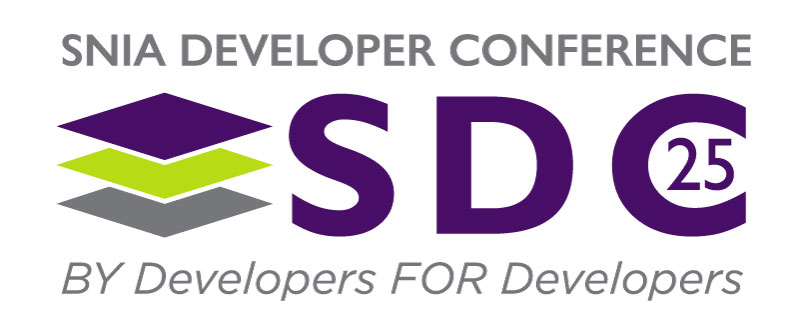Discover the latest advancements in Linux file access, and explore recent enhancements to the Linux SMB3.1.1 client. It has been another great year of progress in improving access to remote storage from Linux whether in the cloud and or the wide variety of SMB3 file servers (Azure, Windows, Samba, ksmbd, Netapp, Macs and many others). Many improvements have been made to securely, reliably and efficiently access remote data. The Linux SMB3.1.1 client, cifs.ko, continues to be one of the most active filesystems in Linux. This presentation will cover new security, performance and reliability features recently added to the Linux client, and also new features you can expect to see over the coming year. Whether accessing data from the smallest devices or the largest (and even the cloud) these improvements are very exciting. Over the past year, new security features have been added, performance has improved, as has support for folios and the new Linux memory management model. Directory caching is now faster and more flexible, more POSIX/Linux compatibility features have been added, support for swapfiles over SMB3.1.1 mounts has improved, as has support for special Linux file types. As we add support for new authentication options for Linux (not just Kerberos and NTLMSSP), and also as we add support for SMB3.1.1 over QUIC (using the exciting new Linux kernel QUIC driver), and stronger and faster packet signing, SMB3.1.1 will be able to better address evolving security requirements, not just on-prem but also in the cloud. The protocol already supports extremely strong encryption options, and also man in the middle attack prevention. This presentation will describe many of these SMB3.1.1 features and improvements, and how to best use them to improve your workloads.
Elevating Linux File Access: Recent Enhancements to the SMB 3.1.1 Client
Describe new security and performance and reliability features that have been added to the Linux client. What new features for accessing file storage remotely from Linux are now available? How has the SMB3.1.1 client improved?
Describe new features (e.g. new syscalls or file system API enhancements) that have been added to the Linux File System layer that we need to be aware of? And add support for ...?
Describe what new enhancements are expected to be added to the Linux SMB3.1.1 client over the next year and why.
Describe ways that are being considered to enhance the protocol to make SMB3.1.1 even better from Linux, and what could be added to the protocol to make Linux user's experience even better.
Describe some helpful mount options, tools and configuration parameters that make it easier to access remote files better from Linux.
